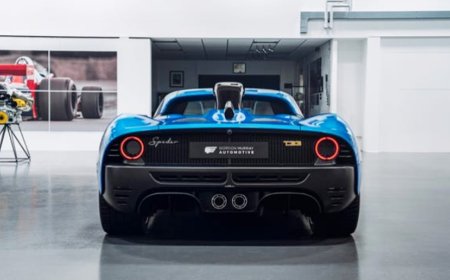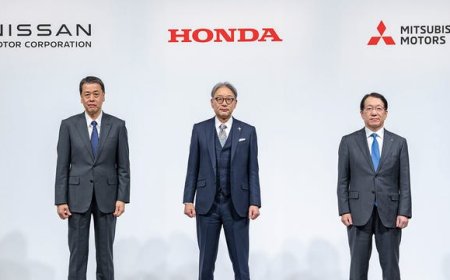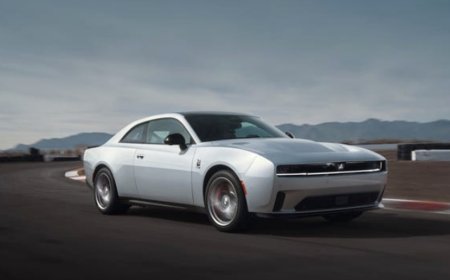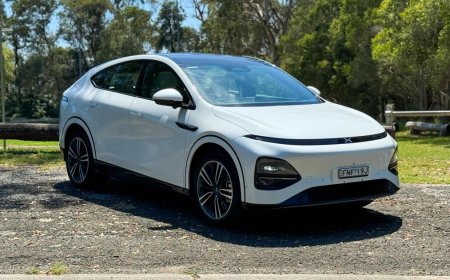Volkswagen strikes begin as rifts between workers and management worsen
Volkswagen's German workforce has started striking against the car giant, as tension surrounding its financial position mounts.
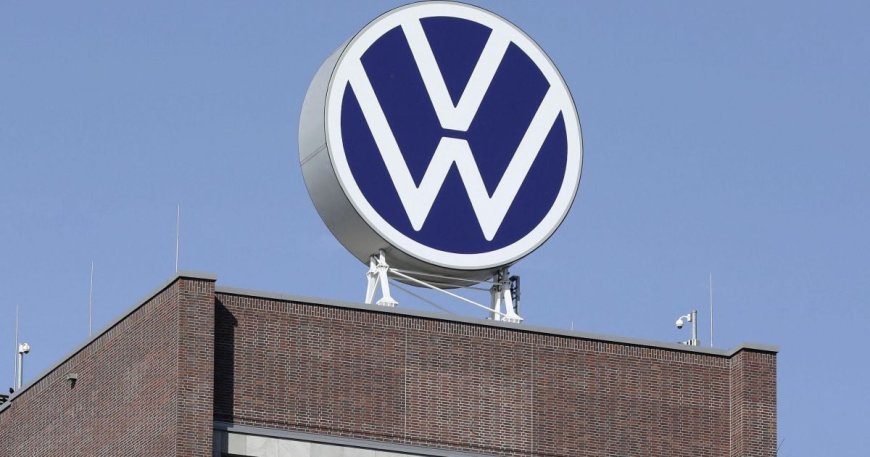
Volkswagen’s threats to close a handful of its German factories has resulted in its workforce undertaking strikes in the country, as they fight to keep their jobs at what was once the world’s largest carmaker.
News agency Reuters reports workers at nine of Volkswagen’s German car- and component-making plants went on two-hour strikes or left early on Monday, pausing production on a number of production lines.
The strikes are in response to Volkswagen management publicly saying it may shut three of its 10 factories, which would result in tens of thousands of employees losing their jobs. It’s also asked its workforce to take a 10 per cent pay cut.
100s of new car deals are available through CarExpert right now. Get the experts on your side and score a great deal. Browse now.

Factories where strikes have started include the main plant at Wolfsburg – where the Golf and Tiguan are produced – the Hanover facility which makes commercial vehicles, and the electric vehicle (EV) hub at Zwickau.
Volkswagen Group CEO Oliver Blume recently told Bild am Sonntag: “Weak market demand in Europe and significantly reduced earnings from China reveal decades-long structural problems at Volkswagen.”
Volkswagen management and its workforce are continuing to negotiate on the terms of the carmaker’s future, though the union representing its employees has warned it could strengthen its industrial action.
“How long and how intensive this confrontation needs to be is Volkswagen’s responsibility at the negotiating table,” said Thorsten Gröger, the IG Metall union’s negotiation lead.
“Anyone who ignores the workforce is playing with fire – and we know how to turn sparks into flames.”

Volkswagen’s unions have been critical of the carmaker for how it has thrown away its position as the world’s top vehicle maker and is now putting pressure on its workforce.
It peaked at 10,742,122 sales globally in 2019, a record figure beaten only once by another carmaker, Toyota.
“We did not make these decisions – the millionaires at the top of Volkswagen did,” union representative Sascha Dudzik told a crowd of workers in Hanover.
In announcing its third-quarter financial results in October, Volkswagen said its year-to-date operating result was down by 21 per cent compared to the first nine months of 2023 – standing at €12.9 billion ($21.3 billion) to the end of September.
Its after-tax earnings were down 30.7 per cent on the first nine months of 2023, and were down 63.7 per cent comparing the third quarter of this year with the third quarter of 2023.

While its sales in North America were up by four per cent and in South America by 16 per cent compared to the first nine months of 2023, European sales were down one per cent and Chinese sales slumped 12 per cent.
Previous claims by analysts have said Volkswagen’s Osnabrück and Dresden factories are two of the most likely plants to be closed.
Volkswagen Group Australia, which does not plan to transition to electric vehicles (EVs) as soon as its European parent, told CarExpert in October the overseas cost-cutting is unlikely to affect its local operations.
“Our situation in Australia is unique in so many respects, not least of which is the fact our relationship with EVs is maturing,” said Volkswagen Group Australia corporate communications general manager Paul Pottinger.
“It’s not fully fledged or consummated as it is in Europe – we’re a completely different state.”
MORE: Volkswagen CEO blames its current problems on ‘decades of structural issues’
MORE: Volkswagen announces pay cuts as profits fall
MORE: Volkswagen set to close three German factories, lay off thousands – report
